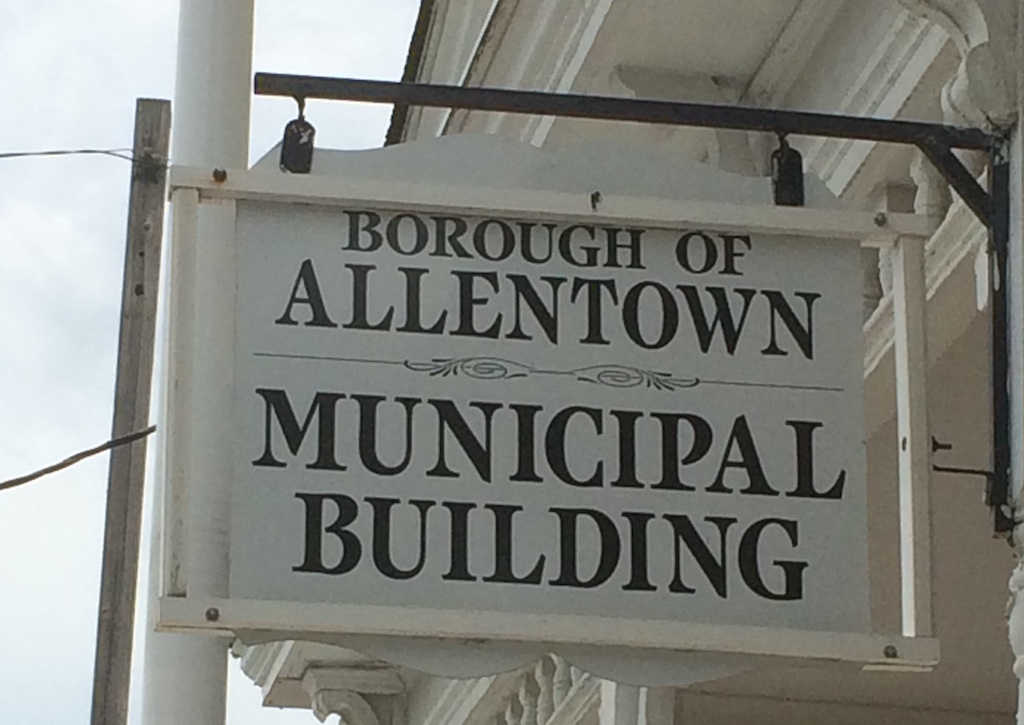ALLENTOWN – The Borough Council has adopted an ordinance that establishes regulations having to do with affordable housing, as municipal officials said they are trying to provide a level of protection for Allentown.
The ordinance was adopted during the Borough Council’s July 18 meeting. No one from the public commented on the ordinance when given the opportunity to do so.
Council President Wil Borkowski, Councilman Rob Schmitt, Councilman Thomas Fritts, Councilman Robert Strovinsky, Councilwoman Angela Anthony and Councilwoman Johnna Stinemire voted to adopt the ordinance.
In explaining the need to adopt the legislation, Mayor Greg Westfall said, “The borough was not well prepared for the affordable housing issue. We need to protect the borough’s interests and still provide for affordable housing.”
Affordable housing is defined as housing that is sold or rented at below market rates to individuals and families whose income meets regional guidelines. Courts have ruled that New Jersey municipalities have an obligation to provide opportunities for the development of such housing within their borders.
Borough Attorney Greg Cannon previously said Allentown has two existing conditions that would appear to protect the borough from large affordable housing projects. Those conditions are a lack of buildable land and an inventory of historic homes that cannot be demolished to make way for new development.
Even with those conditions in place, Cannon said Westfall and the members of the council wanted to be proactive with the issue of affordable housing.
Cannon said borough officials are aware there is land in town that can be developed and he said that at some point an entity could propose the construction of housing in Allentown.
“The council is trying to protect the town and this proposed ordinance will be sufficient to do that,” he said.
The ordinance creates an affordable housing trust fund “for the purpose of depositing development fees collected from residential and non-residential developers and proceeds from the sale of affordable housing units …”
The affordable housing trust fund “may be used for any activity … to address Allentown’s fair share obligation … Such activities include, but are not limited to, preservation or purchase of housing for the purpose of maintaining or implementing affordability controls, rehabilitation, new construction of affordable housing units and related costs, … regional housing partnership programs, conversion of existing non-residential buildings to create new affordable units … purchase of land for affordable housing, improvement of land to be used for affordable housing, …”
And, according to the ordinance, “All new development of five or more multi-family residential dwelling units and all redeveloped and/or reconstructed multi-family residential developments that result in the addition of five or more new residential units shall provide an inclusionary (affordable housing) component of 20 percent of the new dwelling units … ”
For all single-family residential developments that create new residential dwelling units as a result of the subdivision of one or more parcels of land, the developer will be required to provide a contribution of 1.5 percent of the assessed value of the additional or new homes resulting from the subdivision to the housing trust fund, and 6 percent of the assessed value for those homes exceeding the number of homes permitted by the pre-existing zoning for the parcel or parcels comprising the development, according to the ordinance.

